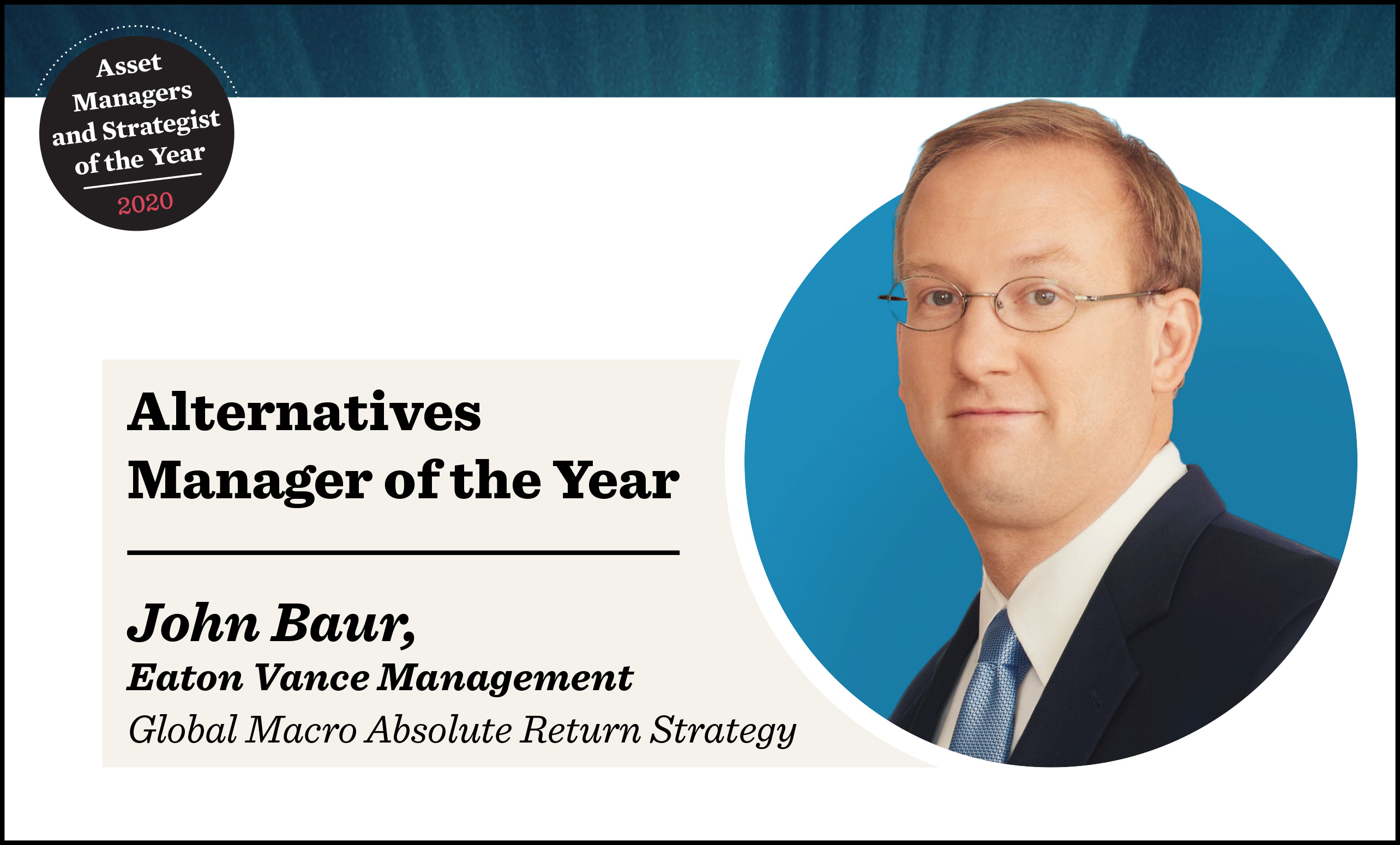While these are some highlights of the strategy last year, the portfolio generally has 60–70 global positions in sovereign debt. These holdings vary throughout the credit spectrum, and they include currencies and commodities. Baur has co-managed the portfolio with Michael Cirami for the past 12 years.
Eric Stein came on board to help lead it in 2010.
Using fundamental research, the portfolio team diligently reviews the economic situation of each country, "but politics is something that we also spend a lot of time on," according to Baur.
In Ukraine, this approach proved to be "particularly important," as we recognized early that [now President Volodymyr] Zelensky was likely to win the election, that he was going to take policy in a positive direction, and that assets were going to benefit," he explained.
These insights benefitted from team members' visits every six weeks last year. "That sort of legwork goes into a lot of our research," Baur noted.
In fact, the team visits around 80 countries yearly, according to Brad Godfrey, director of alternatives and asset allocation, and an institutional portfolio manager with Eaton Vance.
"We like to look for turnaround stories, which is classic emerging market investing. Look at Ukraine," Godfrey said. Though corruption and other problems run deep there, "the change in direction is quite positive." Baur agrees. "While Ukraine has been on and off the radar the past few years with their sovereign debt default and restructuring, we've been investing there [for years]."
Sometimes these frontier-like country investments are "actually safer," Godfrey said. "There are informational advantages to be had, because very few people are looking there. And oftentimes, there are very high risk premia. They compensate you really well to take risk in the country."
The team hedges possible illiquidity in these markets before taking on investments there "to offset [illiquid market] risk, the trading and operations team has spent a lot of time developing relationships in local markets, so we're not reliant on finding another investor in New York or London," Baur said.
Although the team has a long-term horizon, it keeps a close eye on events that can affect its investments. For example, the portfolio specialists believed early on that there were good opportunities in Argentina. With the results of the August election surprising everyone (as the center-left party trounced conservatives), "We very quickly exited [our long bond] position because of what we perceived as a negative change in direction in Argentina. That's a quintessential example of how we manage our positions or view our investments," Baur said.
COVID-19 also has impacted strategy. Brazil has the second-highest number of cases of it (after the U.S.) in the world. "That has hurt that economy. COVID-19 certainly has affected ways we look at a country like Brazil," he added. — Ginger Szala





